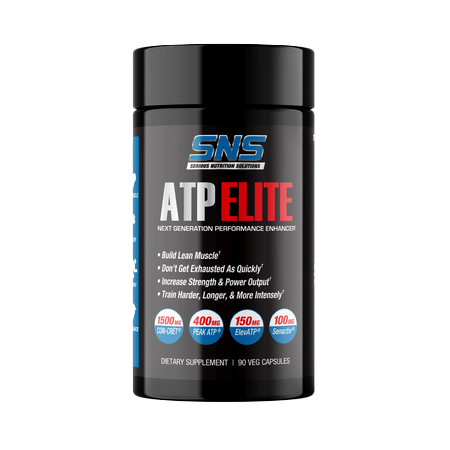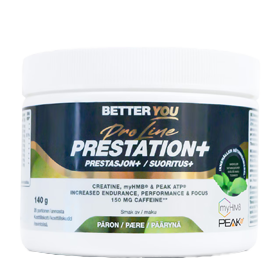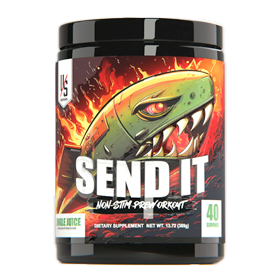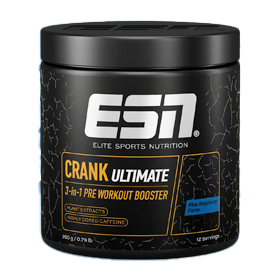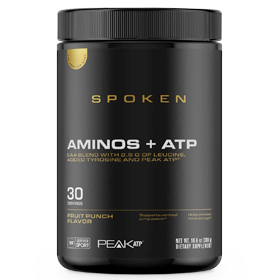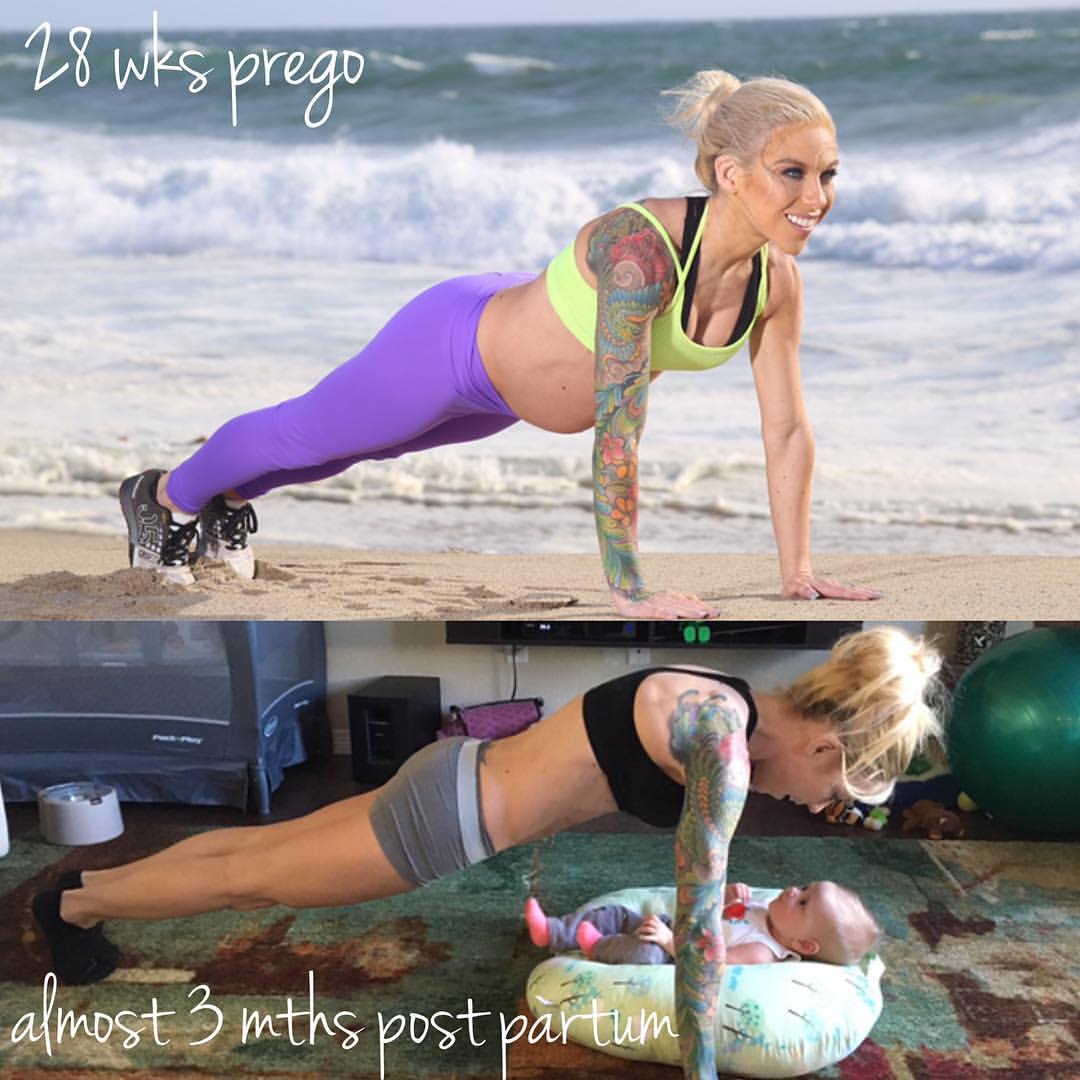 My fitness journey has been quite the trip. I've gone from a soccer endurance bunny in high school with little to no weightlifting, to more of a runner during college. I then joined a gym due to a running injury and started weightlifting. My goals changed from simply staying in shape, to getting in the best shape of my life. I started training for physique purposes in order to compete and model. I earned my pro card with the WBFF, and then exactly a month later survived a traumatic auto vs. pedestrian accident in which my legs were crushed. My rehab journey was long and intense, especially after being bedridden for three months, and waiting six full months before my bones finally (miraculously) fused with rods and pins in both legs. I fought my way back to the competition stage and then underwent two additional surgeries to remove the hardware in my legs. After additional rehab, I worked my way back to the stage once again before getting pregnant less than two months later. I worked toward a safe and fit pregnancy, and now I'm working on my postpartum fitness and adjusting to my post-baby body.
My fitness journey has been quite the trip. I've gone from a soccer endurance bunny in high school with little to no weightlifting, to more of a runner during college. I then joined a gym due to a running injury and started weightlifting. My goals changed from simply staying in shape, to getting in the best shape of my life. I started training for physique purposes in order to compete and model. I earned my pro card with the WBFF, and then exactly a month later survived a traumatic auto vs. pedestrian accident in which my legs were crushed. My rehab journey was long and intense, especially after being bedridden for three months, and waiting six full months before my bones finally (miraculously) fused with rods and pins in both legs. I fought my way back to the competition stage and then underwent two additional surgeries to remove the hardware in my legs. After additional rehab, I worked my way back to the stage once again before getting pregnant less than two months later. I worked toward a safe and fit pregnancy, and now I'm working on my postpartum fitness and adjusting to my post-baby body.
Each of these fitness stages required training and diet adaptations. There is not a "one size fits all" solution when it comes to individual training or fitness goals in one's life; what worked for me in one stage of my fitness journey didn't work for my goals in another. Likewise, what has worked for me at a particular stage in my fitness journey, doesn't necessarily work for another individual in a similar stage of their journey . Regardless of the stage someone is at or the goal(s) they’re working towards, one of the most important points to mention is the necessity of having goals in the first place.
Define Your Goals
It's almost that time of year when people make all sorts of resolutions. One of the main resolutions I hear year after year from countless individuals, is a resolution to "get in shape". This is a great, vague, goal, that looks different for each individual. Gyms offer special membership discounts to New Year "resolutioners" knowing very well many of these individuals have great intentions, but will have difficulty following through and will not be active members of the gym.
In order to avoid another year of failed fitness resolutions I can't emphasize enough the importance of having specific, achievable training goals. If your goal is to simply "get in shape", that's great but it's time to break it down even further. How many days a week will you exercise? What's the time commitment? What diet plan will help you achieve your goals? Achieving your goals takes persistence and consistency. Don't expect results overnight but track your weekly progress and note even small changes.
Create an Adaptable Training Plan
While you need to have a plan to succeed, your strategy to get there should be adaptable. If you try a certain type of cardio and hate it, think outside the box and maybe join a dance class or recreational sports league. Training requires discipline, but I can't emphasize the importance of enjoying your fitness journey to reach your goals. Finding workout buddies or working with a trainer might provide just the right amount of motivation and accountability you need to stick with your plan.
Modify Your Diet and Nutrition
Adjusting your diet and nutrition is equally, if not more, important than training. Working out without diet changes will no doubt result in frustration. So whether counting your macros, going Paleo, or whatever your strategy may be, find one you can stick with and see results from. It will likely take adjusting and fine-tuning to discover your best "burn fat build muscle combo", lose weight, or just tone up goals, but don't give up; it will more than pay off in the long run.
Besides nutrition, smart supplementation can be a good tool to help you meet, achieve, or even exceed your personal goals. Besides fish oil, one of the primary supplements I've taken since I started weightlifting is HMB (ß-hydroxy ß-methylbutyrate). Produced naturally in the body, HMB decreases protein breakdown and increases protein synthesis for increased strength. It is scientifically proven, and I've seen the benefits clearly through my own training. It helped me make lean muscle gains and during my accident recovery and helped me maintain upper body muscle mass. Of course, while pregnant and now while breastfeeding I've avoided taking supplements out of precaution, but I've also noticed increased difficulty in gaining lean muscle mass. For me, HMB, BetaTOR and PEAK ATP have been invaluable in my training. Just remember, as many good supplements are out there, many are full of ineffective fillers, so please do your research. But, depending on your goals, the right kind of supplementation can truly benefit your training and help you achieve your goals.
Is never too late to start working toward a fitter, healthier version of you. Set goals, develop a game plan and whatever you do, don't give up. This is your time.
– Carissa Johnson, Fit Mom/Fitness Model/WBFF Pro





